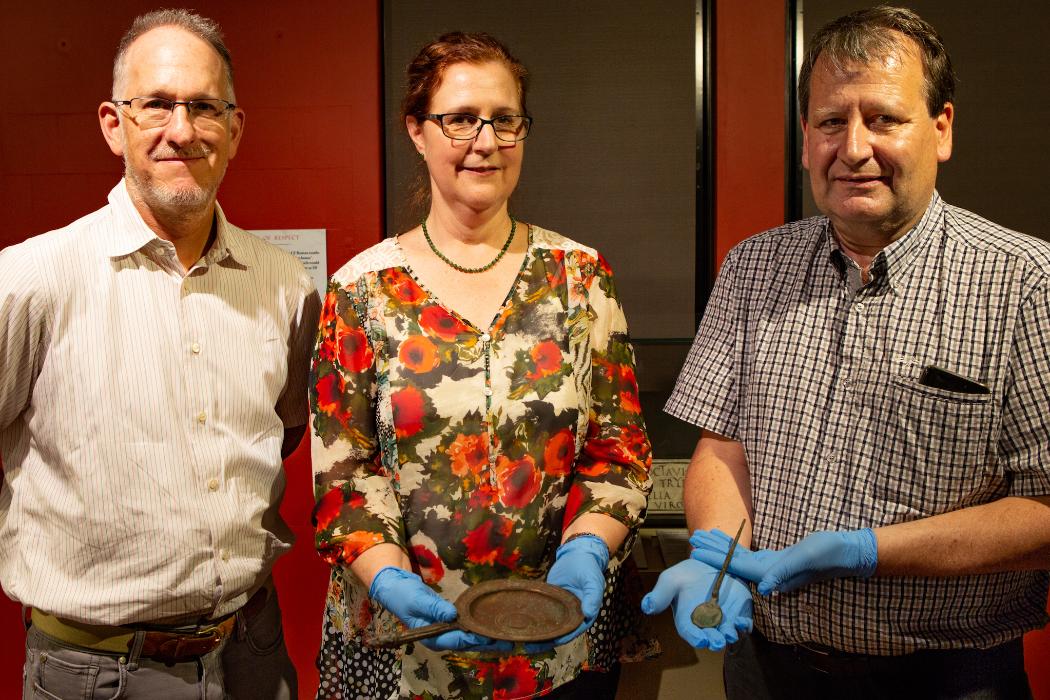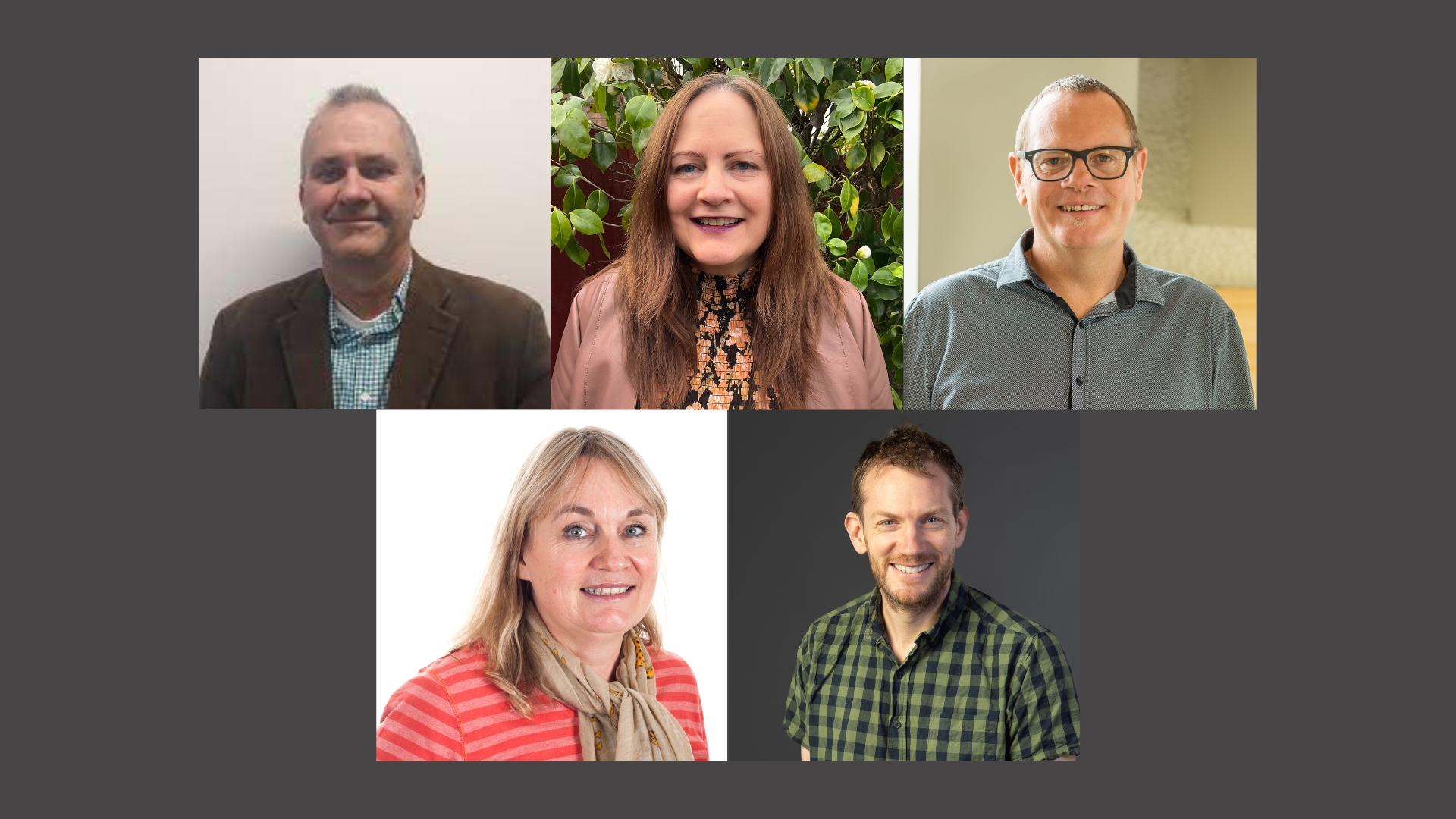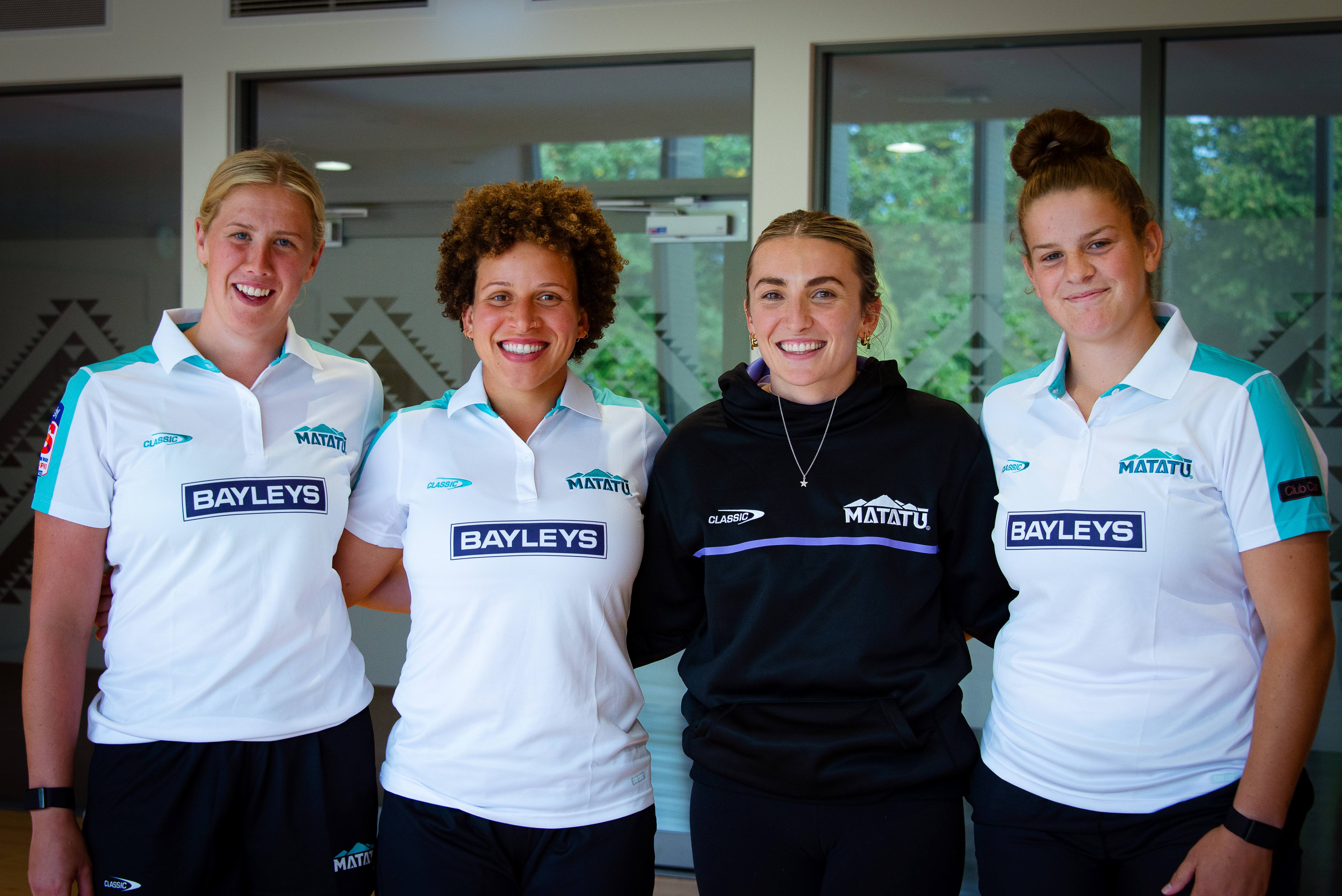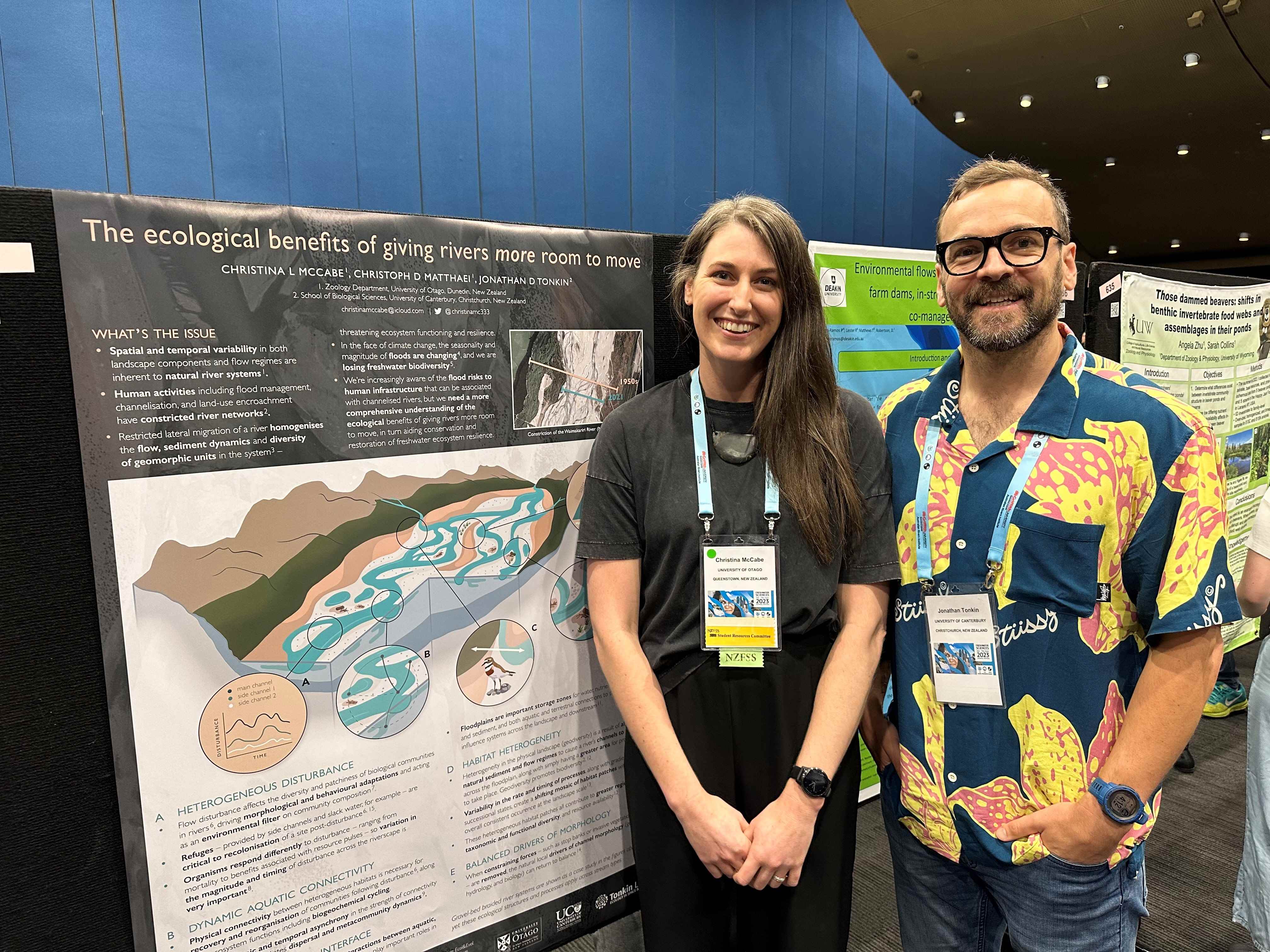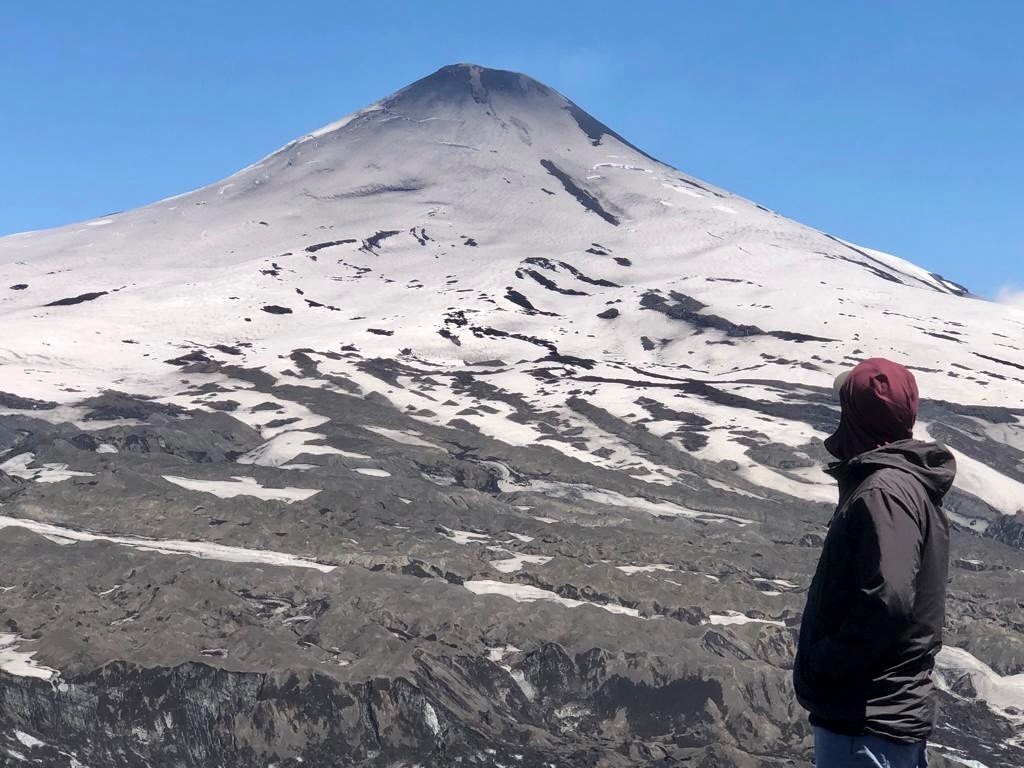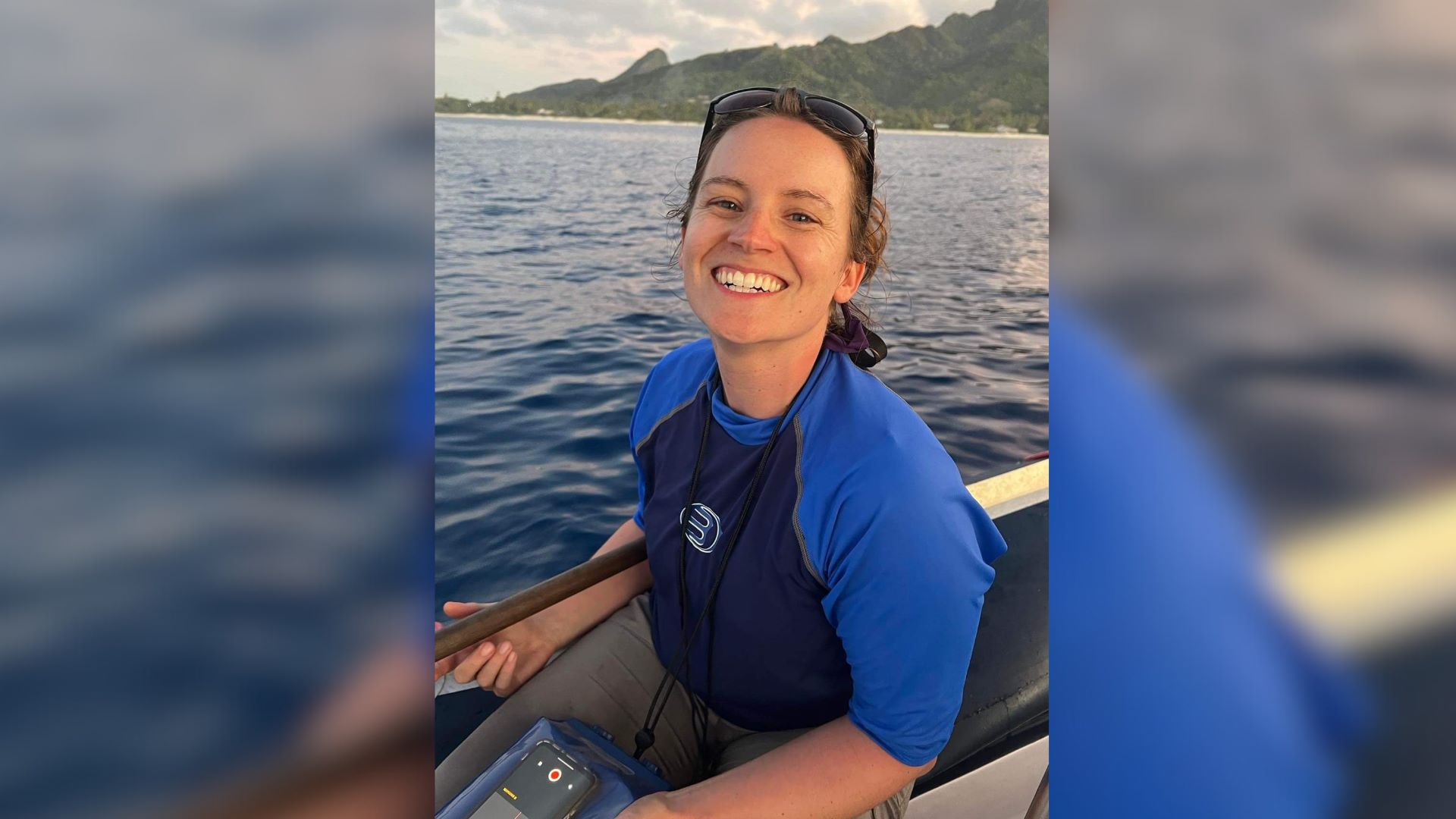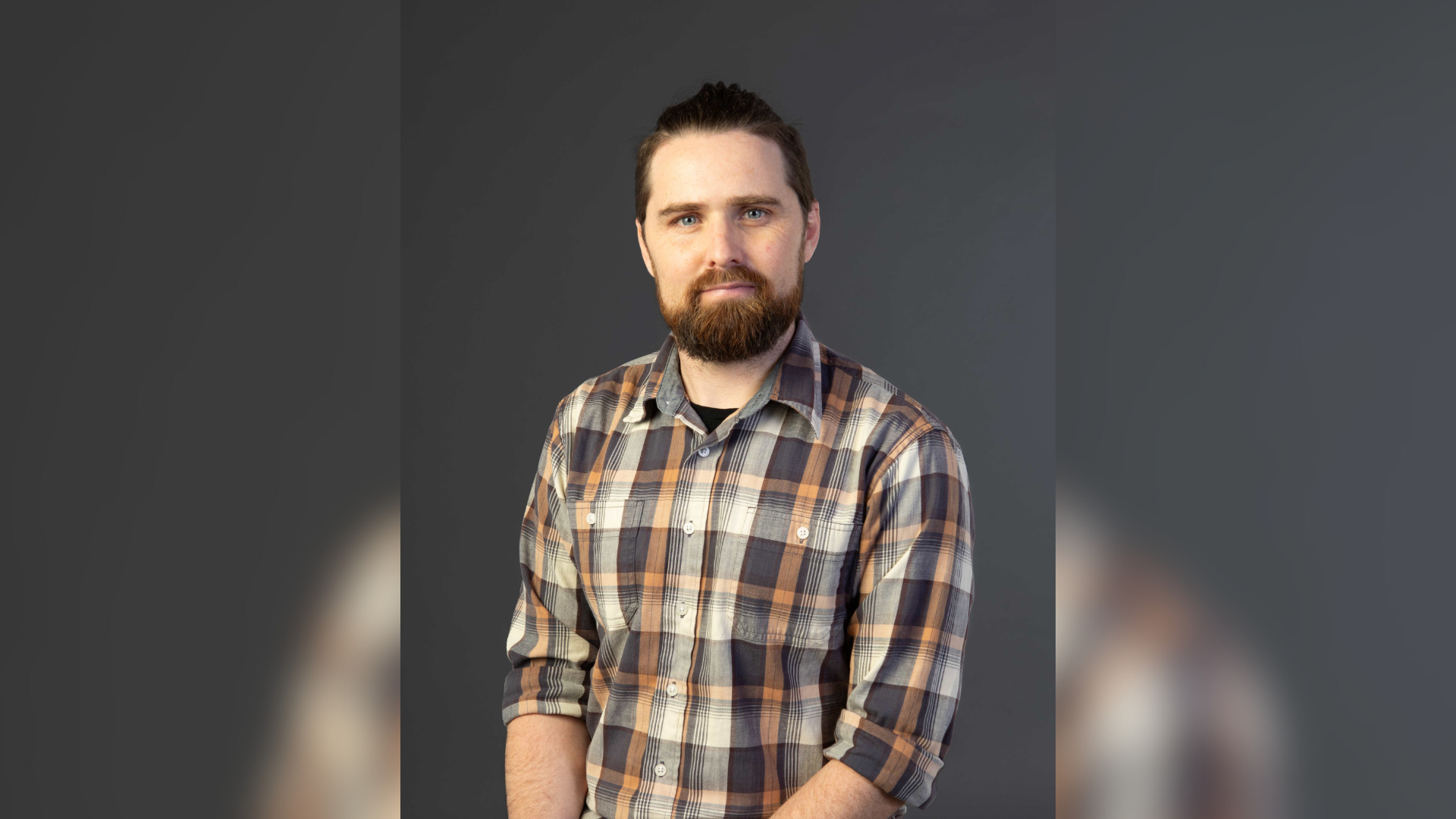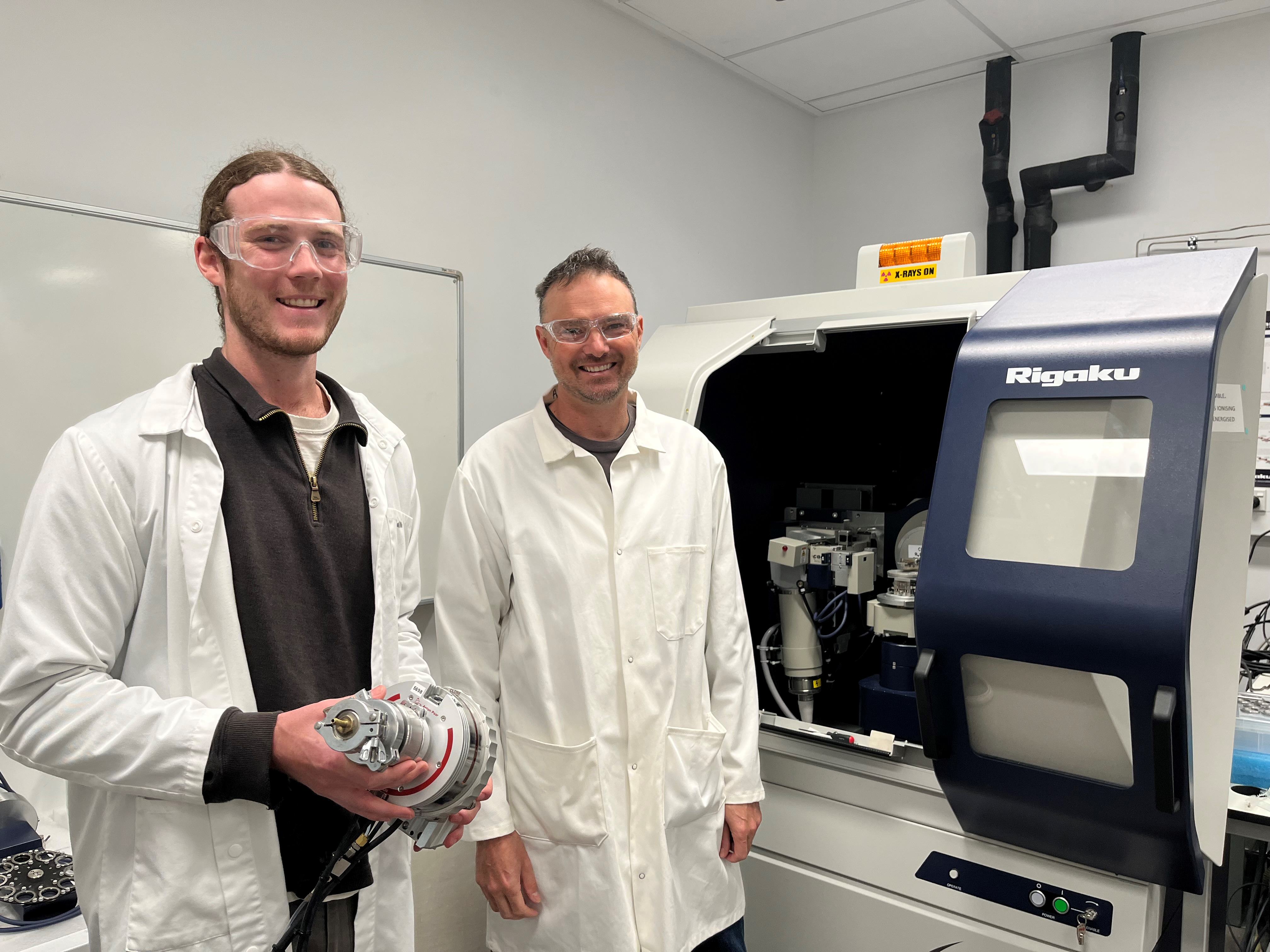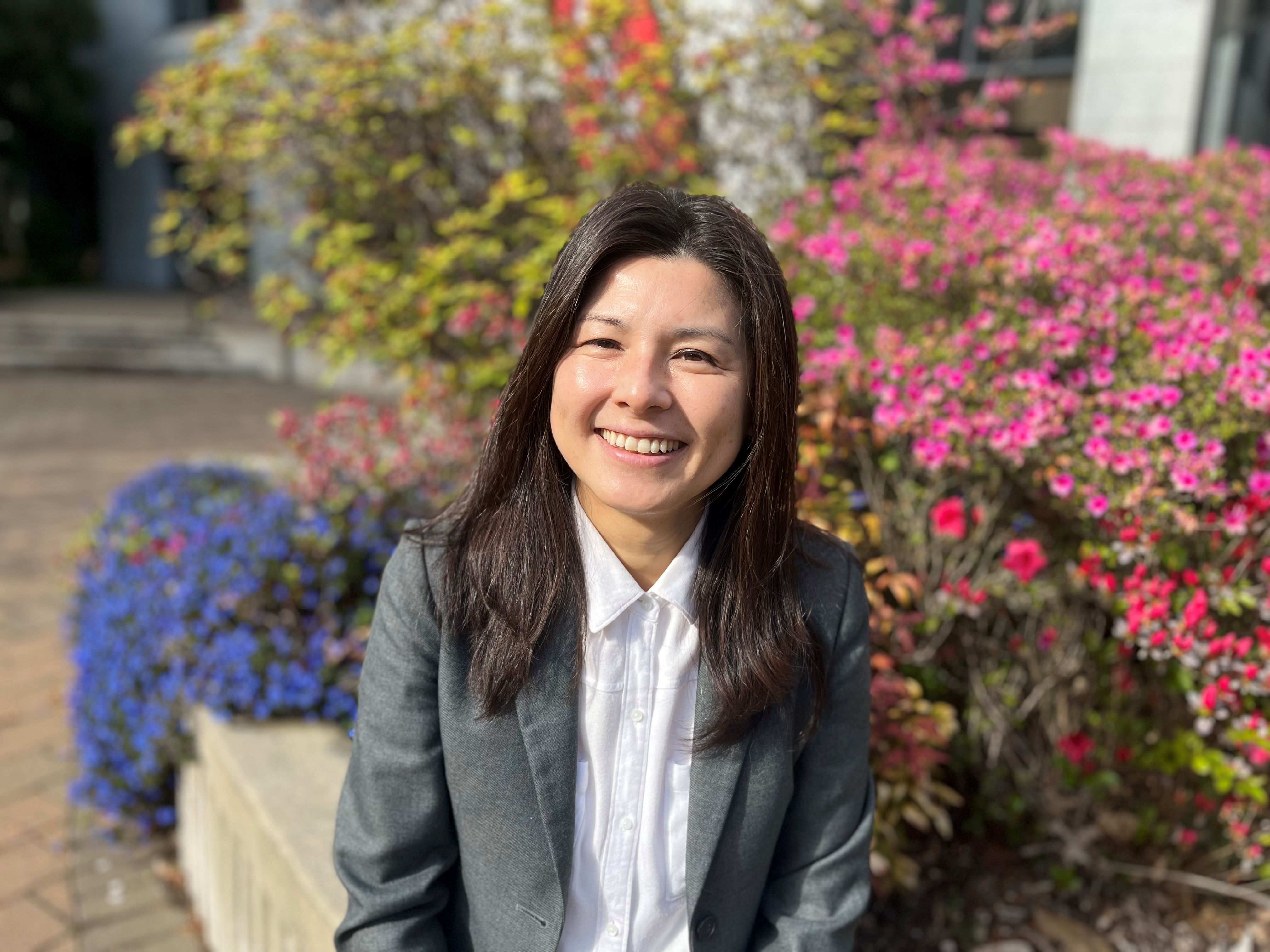The spoon was donated by the PhiloLogie Society at UC and the patera was donated by Doug and Anemarie Gold of Wellington. The patera is said to have previously been in the collection of Norbert Schimmel, who eventually donated a large proportion of his private collection to the Metropolitan Museum in New York.
"The PhiloLogie Society is delighted to be able to present the James Logie Memorial Collection with a Roman spoon, and to do so in time for the upcoming exhibition at the Teece Museum,” says the President of the of the PhiloLogie Society and UC Classics Senior Lecturer Dr Gary Morrison.
“As a society, this small gesture represents an important step in our post-earthquake recovery. This purchase and gift signals to both our membership and the wider community that we are active and are looking for new ways to enhance the Collection.”
The large bronze spoon dates back to the second century CE and was likely used for eating shellfish and other small food-stuffs by an elite Roman family. It was probably made in Roman Britain.
“Part of the appeal is that the spoon is very familiar, so it provides an important human connection to antiquity,” explains Dr Morrison.
“It is very easy to think of the ancient world in a detached, abstract way and not recognise that the Romans and Greeks were people living everyday lives. The spoon helps make that connection.”
Dating to between the first century BCE and first century CE, the patera has a ribbed handle with the head of a wolf with bared teeth on the end indicating a high-quality piece. These shallow, rounded-form bowls were primarily used for serving food or drink at dinner parties or for pouring libations at religious ceremonies.
The Roman material in the Logie Collection is used for teaching in a number of University courses, particularly those offered by the UC Classics department. Roman artefacts are also popular with visiting primary and secondary schools taking part in the free education outreach programme at the Teece Museum. Increasing the range of Roman artefacts offers the potential for new student research projects in a number of disciplines.
The ‘Fantastic Feasts’ exhibition will run from 6 April 2019 to 23 February 2020 at the Teece Museum of Classical Antiquities, UC Arts city location, 3 Hereford Street (in the Arts Centre). It will explore feasting traditions in the ancient world, including the Roman Empire, and highlight the connections that were drawn between food and the gods in ancient times.
Margaret Agnew, Senior External Relations Advisor, University of Canterbury
Phone: +64 3 369 3631 | Mobile: +64 27 254 3949 | margaret.agnew@canterbury.ac.nz
Tweet UC @UCNZ and follow UC on Facebook


